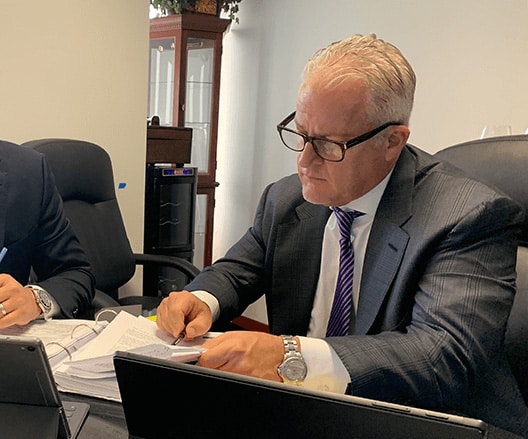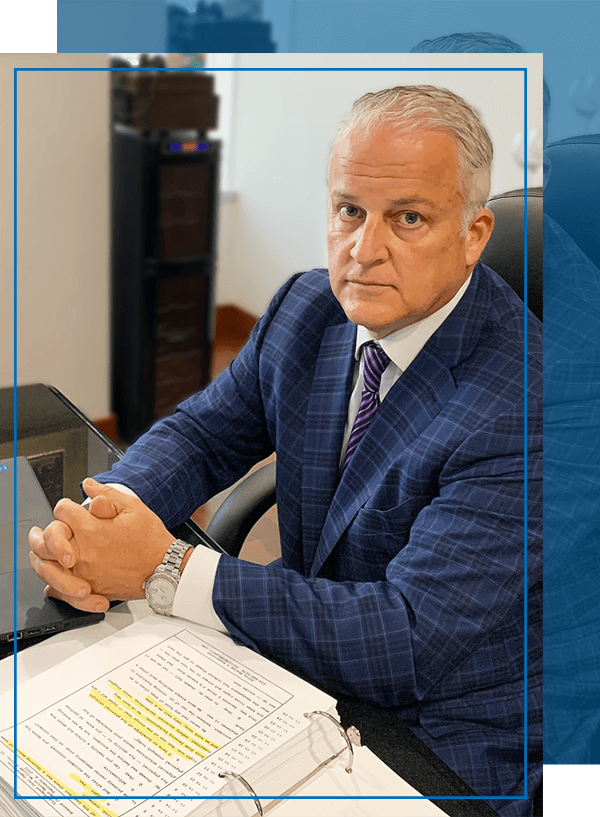Find out if you are eligible
for a rideshare drivers wage theft lawsuit
Often heralded for disrupting the taxi industry, ride-hailing platforms Uber and Lyft have not always been a boon for workers, who frequently accuse the companies of violating labor laws. Perhaps they have even violated your rights, if you’re a driver.
Uber and Lyft are beneficiaries of court decisions that made it harder for workers to fight labor law violations in court. By making drivers sign so-called “mandatory arbitration agreements,” they effectively circumvent the Constitutional right to a trial by jury, including class action lawsuits. Instead, workers must resolve claims in a private proceeding where corporations hold the cards. But workers—with help from plaintiffs’ lawyers—have started to fight back against corporate attempts to strip them of their legal rights. As long as they have attorney representation, workers might be in a better position to win arbitration claims. In fact, hiring an attorney is the factor most strongly associated with a plaintiff’s arbitration success.
What Are Arbitration Clauses?
An arbitration clause is a contractual language that requires people to use private arbitration rather than courts to resolve legal disputes.
Arbitration was originally used as an alternative legal procedure for disputes between companies. Since the 1980s, however, hidden arbitration clauses have crept into nearly every aspect of contemporary life.
Today, almost every type of contract includes an arbitration clause. When you agree to drive for Uber or Lyft, you sign your rights away. If you want to take legal action against them for a wage-and-hour violation—such as misclassifying you as a contractor, failing to pay you minimum wage or overtime wages, or not allowing you to keep tips from passengers—it must be done via arbitration. Moreover, employment contract arbitration clauses typically contain class action waivers. Since class actions allow workers to share legal costs and resources, smaller disputes are easier to litigate. The result is that class action waivers prevent many workers’ claims from being brought at all.
The courts have affirmed the use of arbitration by Uber and Lyft. For example, Uber won key court rulings that ended drivers’ attempts to litigate their claims in court, or even to arbitrate their claims as a class.
How Does Arbitration Undermine Workers’ Rights?
Uber and Lyft describe arbitration as a more inexpensive and efficient solution for disputing parties. But the truth is that arbitration amounts to privatization of the justice system.
On the surface, private arbitration does not appear to significantly differ from a public court proceeding. Both parties present their legal arguments to a private arbitrator, who serves as judge and jury. However, the corporation establishes the rules of the proceeding and hires the arbitrator.
Contingency-Fee Arbitration Lawyers
It appears that after eagerly embracing arbitration agreements, Uber and Lyft are now pushing back against the only legal forum left to drivers. The Lidji Firm won’t let them get away with it. We handle Uber and Lyft arbitration claims on a contingency-fee basis. This means you only pay us if and when we win your case. Contact us for your free case review. or give us a call at 800-BAD-PILL (800-223-7455).


























